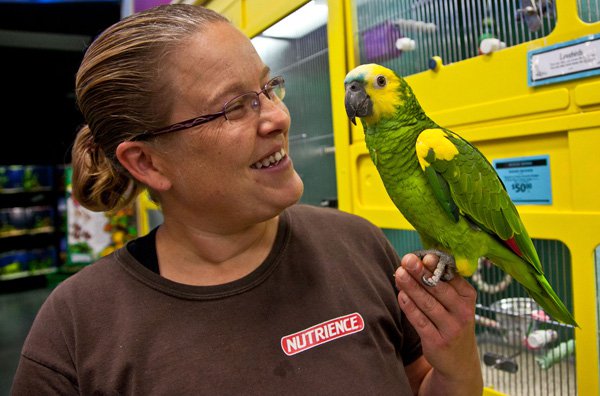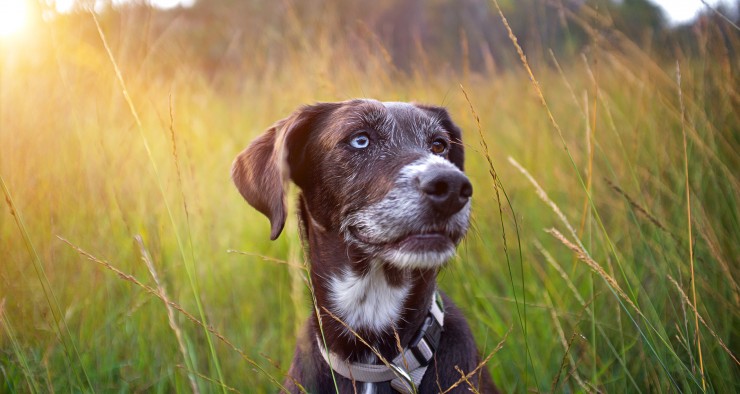

Pet owners often bemoan the cost of vet treatment with bills rising steeply when intervention is required. The use of equipment such as a veterinary ultrasound scanner or prescription medications being required add extra to the bill but when your pets life is on the line you can't let money be the deciding factor in whether they receive treatment.
It is always advisable to ensure that you have adequate pet insurance to avoid running into bills that you can't afford.
Here's a brief look at 3 of the top pet health emergencies and how you should handle them.
Vomiting and diarrhoea are not uncommon in dogs and whilst they can be a warning of a serious illness many bouts are due to a simple stomach upset and resolve within 24 hours.
If there are any other symptoms that occur such as seeming to be in pain, weakness and lethargy, blood in either vomit or diarrhoea you should seek advice from your vet immediately.
Vomiting and diarrhoea in cats should be monitored a little closer and if the cat vomits more than once, can't keep water down or has any blood in either you should call the vet immediately.
In the situation that your pet has ingested something toxic or contraindicated you shouldn't hesitate to seek vets advice immediately.
Trauma caused by road traffic accidents, falls from a height or gunshot wounds should always be seen by a vet as without the use of veterinary ultrasound scanners it is impossible to assess internal damage to your pet.
If your pet has a minor injury to a limb or paw and is not showing symptoms of distress it may be possible to treat them at home and telephone your veterinary surgery for advice but if your pet is in pain you must take him to the vet for an appropriate pain killing shot and never try to administer human painkillers.
Follow these steps for first aid care of minor injuries to limb and paws
If the wound is dirty, clean with warm salt water (1 teaspoon of salt in 1 pint of water).
Use a soft cloth or towel to clean the injury; avoid cotton wool and other loose-fibered materials, as the threads often stick to the wound.
Apply a cold compress, such as a bag of frozen vegetables or even just a cold, wet towel. Keep it in place for a few minutes.
Bandage the wound to keep the dog from licking it.
Call your vet for further advice, describing the injury and, if you know, what caused it.
If you notice any disruption in your pet's breathing such as wheezing, choking or raspy shallow breathing you should take your pet to the vets immediately this could be a sign of an allergic reaction, asthma, heart or lung disease or a foreign object that has become lodged and needs use of a veterinary ultrasound scanner to locate it. In cats open mouth breathing can also be a cause for concern. Breathing problems are often serious and life threatening so always need veterinary intervention.
We often think of our pets like members of the family but unlike our human family members they can't tell us what is wrong and rely on the care we give them, if in any doubt always err on the side of caution and visit the vet.
 5 Dog Breeds That Boast Being Easy To Groom
5 Dog Breeds Tha
5 Dog Breeds That Boast Being Easy To Groom
5 Dog Breeds Tha
 Five Often Overlooked Financial Costs Of Cat Ownership
Five Often Overlo
Five Often Overlooked Financial Costs Of Cat Ownership
Five Often Overlo
 The Importance Of Vitamins In A Dogs Diet
The Importance Of
The Importance Of Vitamins In A Dogs Diet
The Importance Of
 Dogs are People
Dogs are People
The ultimate dialogue of wheth
Dogs are People
Dogs are People
The ultimate dialogue of wheth
 Pug - The Dignified Clown Dog
Pug - The Dignified Clown Dog
Pugs are small b
Pug - The Dignified Clown Dog
Pug - The Dignified Clown Dog
Pugs are small b
Copyright © 2005-2016 Pet Information All Rights Reserved
Contact us: www162date@outlook.com